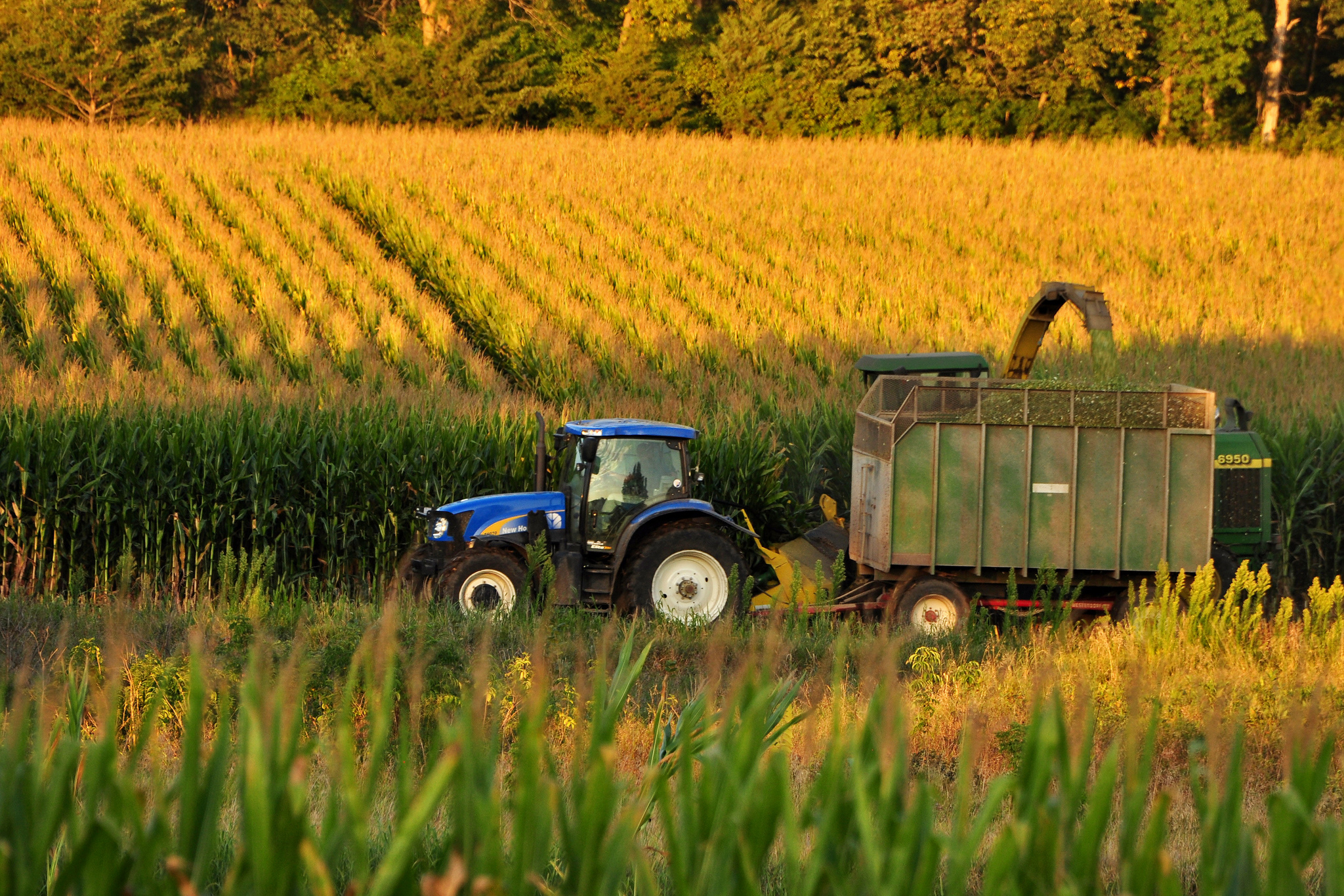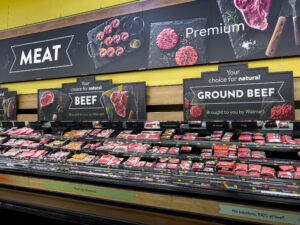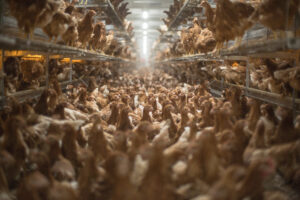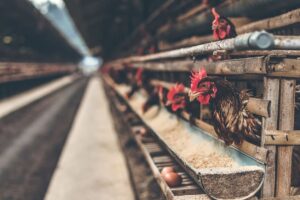Trump’s Trade Wars Hurt Everyone in Farm Country
When agriculture suffers, all Iowans do—even those who have never set foot on a farm. TumblingRun / CC BY-NC-ND 2.0
TumblingRun / CC BY-NC-ND 2.0
Agriculture is one of the largest industries in Iowa. When agriculture suffers, all Iowans do — even those who’ve never set foot on a farm.
That’s exactly what’s happening because of President Trump’s tariffs and trade wars.
When farm prices rise because of tariffs, farmers can’t buy a new pickup, purchase equipment, or make repairs. The salesperson the farmer works with doesn’t get a commission, so they spend less at home. Businesses get fewer customers, so they cut back on their workforce.
Eventually the whole economy is hurting — and so is our state.
Iowa’s lost tax revenue from personal income and sales taxes alone may range from $111 million to $146 million, Iowa State’s Center for Agricultural and Rural Development estimates. Federal offsets could reduce those losses, but not completely.
Those revenue losses can translate into additional lost labor income — anywhere from $245 million to $484 million, enough income to support 9,300 to 12,300 jobs.
Worse still, Trump’s backers in the state don’t seem to care much.
Bruce Rastetter, a major Republican donor and owner of one of the state’s major farm operations, told nervous Iowa pork producers they “just need to take a deep breath for a moment” and it’ll “all work out fine.”
Easy for him to say. Rastetter farms 14,000 acres and oversees facilities where 700,000 pigs are raised annually. Some partners listed on his website include Smithfield (China), Mano Julio (Brazil), and Fiagril (Brazil).
A deep breath won’t help the small business owners and farmers who are part of the Iowa Main Street Alliance. They’ve been sharing their stories with the Iowa Citizen Action Network.
They’re worried about crop prices, repairs, and the wrenching choice between passing the cost increase onto their customers and cutting their profit margins.
“Tariffs are even hitting businesses like mine,” said Steve Pelz, who owns a car wash in Cambridge, Iowa. “I need to have repairs done on my water heater and other machinery, but the companies I would normally use can’t supply the parts any longer due to the steel tariffs. I have had to go through other vendors and have parts retrofitted, costing me time and money.”
ReShonda Young, owner of Popcorn Heaven in Waterloo, Iowa agrees. “You might wonder how tariffs and trade wars would affect a gourmet popcorn business,” she said, “but it does. We use decorative tins for our products, particularly around the holidays, and have seen quite a price hike in these items.”
Greg and Jessica Young of Waterloo Bicycle Works recently told us that prices are going up on items they order, and invoices from suppliers are adding a line detailing the price increase due to tariff costs.
Meanwhile, communities are having issues with infrastructure projects because of price increases in necessary materials.
“For farmers, the question is where and how much of your product will you sell this year and next, and for what price?” explains Iowa State’s John Crespi. “But the harder question is what happens in two, three, or 10 years if the trade wars continue?” By then, he warns, “even if you get rid of the tariffs, the U.S. may be a smaller player.”
“An interesting déjà vu with the farm crisis of the 1980s,” Crespi adds, “is that much of the impact was linked to policies set in Washington.”
Trump markets his trade wars as an antidote to “free trade” deals that have cost jobs throughout the heartland. But in reality it’s just another broadside against a new class of workers and businesses, all to score political points.
And while they’ve cut taxes for billionaires, those GOP-backed tariffs and trade wars are just another way of taxing the rest of us here in farm country.
Your support matters…Independent journalism is under threat and overshadowed by heavily funded mainstream media.
You can help level the playing field. Become a member.
Your tax-deductible contribution keeps us digging beneath the headlines to give you thought-provoking, investigative reporting and analysis that unearths what's really happening- without compromise.
Give today to support our courageous, independent journalists.






You need to be a supporter to comment.
There are currently no responses to this article.
Be the first to respond.